Click to read the article in Turkish
Fifteen Kurdish journalists, who were arrested on June 16, 2022, in Diyarbakır as part of an investigation on charge of "being a member of a terrorist organization," were set free after their first court appearance on July 12.
Aziz Oruç, 39, an editor for the Mezopotamya Agency (MA), is one of the journalists who were released after 400 days behind bars. He opened up on his experiences during this period in an interview with bianet.
About the moments when the judge announced the verdict, Oruç said, "I think the presiding judge made a wordplay. The judge said, 'The state of arrest of all the arrestees is to be terminated.' We were very pleased that all 15 journalists were released. Our joy was a testament to our innocence. The end of the 13-month-long injustice brought happiness to everyone."
"We were the plaintiffs, not the defendants"
Oruç drew attention to the pressures faced by the Kurdish media, saying, "There was a frenzy in recent times, with many journalists being arrested. The free press has a great struggle to bring the hidden truths into the open in the region. The government does not want this. They did not want human rights violations and the voices of the people to be heard before the elections.
"By arresting journalists, a message was sent to the society. The aim was to intimidate, but the free press continues the tradition of Apê Musa (Musa Anter).
"We were the plaintiffs, not the defendants; it was purely arbitrary detention. We were arrested for practicing journalism in the public interest."
"Yearned to touch the ground"
Oruç mentioned that leaving prison had a different taste, saying, "However, saying goodbye is also very difficult. As I walked out of the cell and through the corridor and main hall, I looked at the walls that isolate people from each other. I wanted to escape from those concrete piles and touch the ground as soon as possible. I was both very happy and had a bitter feeling. Your friends with whom you shared dreams remain behind those walls.
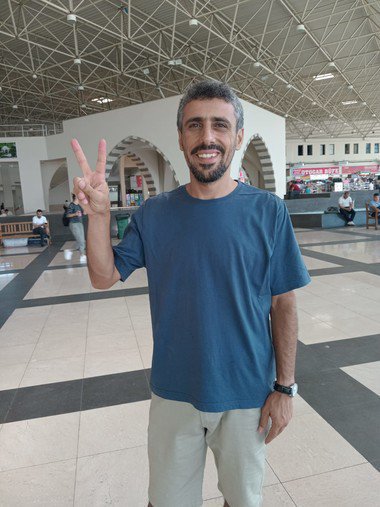
"You also know that going outside does not necessarily mean freedom. In a way, we are aware that we have transitioned from a closed prison to an open prison."
Three and a half years of behind bars
Noting that he had been imprisoned a total of three times, Oruç said, "In total, I have been detained for 3.5 years. The first time was on June 8, 2011. I remained under arrest for 16.5 months and was released on September 14, 2012.
"The second time was in Doğubeyazıt on December 19, 2019. After 11 months of detention, I was released on November 9, 2020. Lastly, I was arrested on June 16, 2022, and after 13 months of detention, I was released on July 12."
"Even constitutional rights are not recognized"
Addressing the conditions in prison, Oruç stated, "It would not be realistic to say that the conditions were comfortable during a period when the atmosphere of oppression intensified. Even rights guaranteed under the constitution, such as access to courses, libraries, conversations, and sports, were not fully provided.
"There was no physical torture or beating, but there was isolation. Due to the lack of social activities, all of the time was spent within four walls and only with three people.
"Despite being justified by the Execution Court, unfortunately, our requests were not accepted due to 'staff shortage' or other reasons. While probation rights were granted to other convicts, they were not applied to sick prisoners."
"I missed the streets the most..."
"You can have many dreams. But during this recent period of my arrest, I missed my two children and my wife the most. Apart from that, I missed journalism a lot. I missed my camera, my video camera, and the sound of the keyboard.
"I longed to be able to practice this profession again, to be able to convey the truth, and to return to the streets."
"If we stand side by side, we can overcome the oppression"
Emphasizing the need for strong solidarity, he said, "No matter which journalist gets arrested, we must show strong solidarity. When the term 'terrorism' is mentioned, organizations and media in the west [of Turkey] usually hesitate or remain passive in supporting, fearing the wrath of the government.
"Of course, our thoughts may differ, but we are journalists. Our differences are our richness. We should be each other's voice; otherwise, a uniform press will be created. If we stand side by side, we can overcome the oppression."
A solidarity network
Referring to the support and solidarity of national and international organizations, Oruç said, "We need to build a solidarity network from outside to prisons and from prisons to outside. This solidarity network should be woven from the [Kurdish] region to the west and from the west to the region. There is already solidarity, but it should be expanded. Journalists should be in prisons, they should be outside."
Oruç, who has 6-year-old and a 5-year-old children, said, "Now my first priority will be to spend time with my children. When you calculate, I couldn't even spend a total of 2 years with them. I saw the first one a year after they were born. This process has caused great trauma for the children."
Expressing his desire to continue journalism with more strength and determination, Oruç concluded, "The profession of journalism cannot be ended by arrests and oppression." (NT/VK)




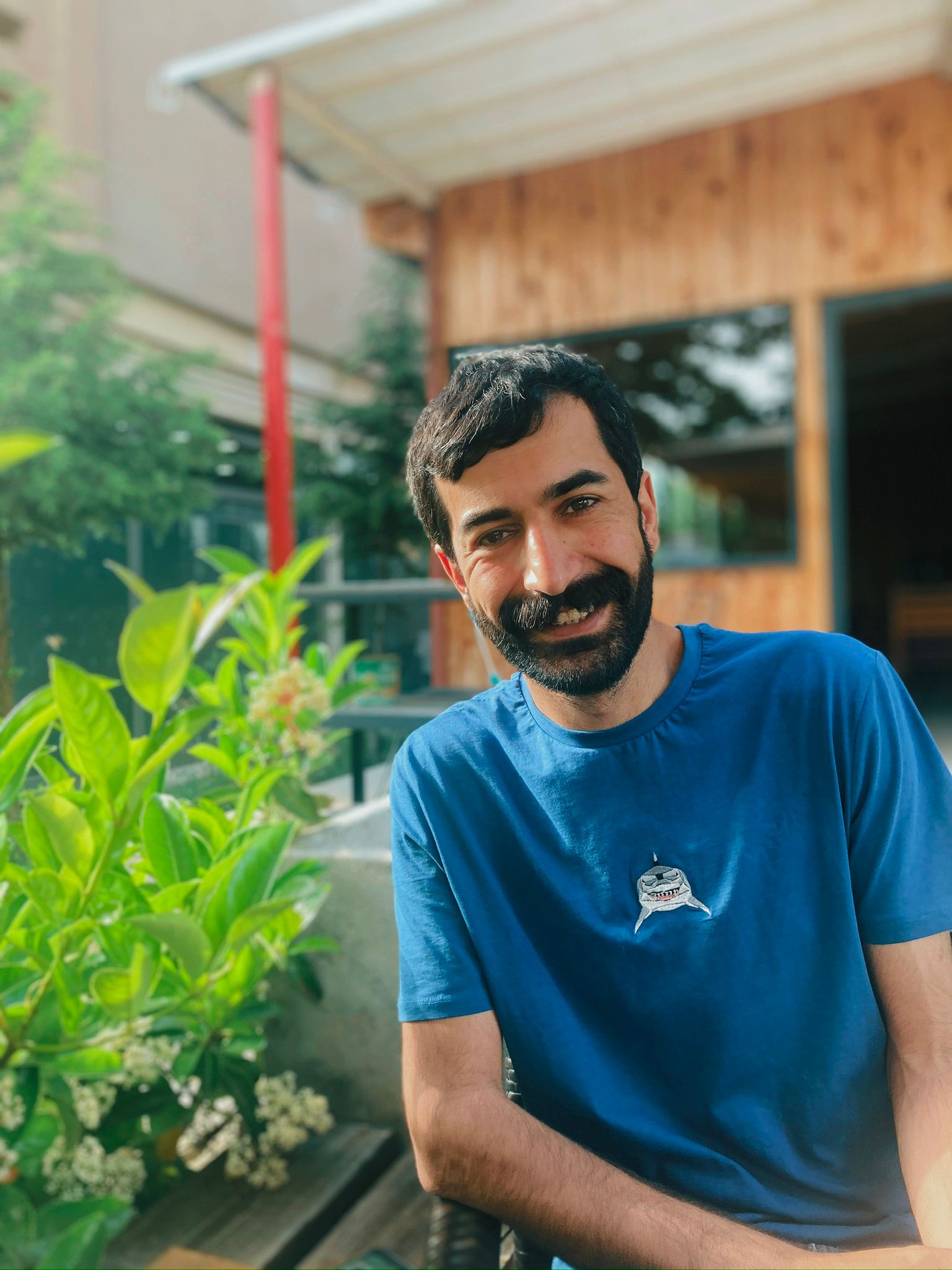

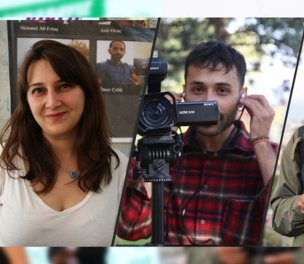
sa.jpg)
.jpg)
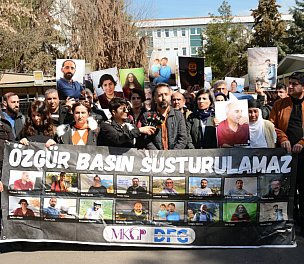
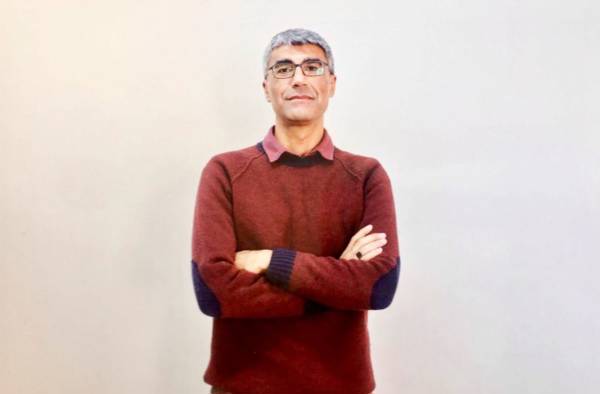
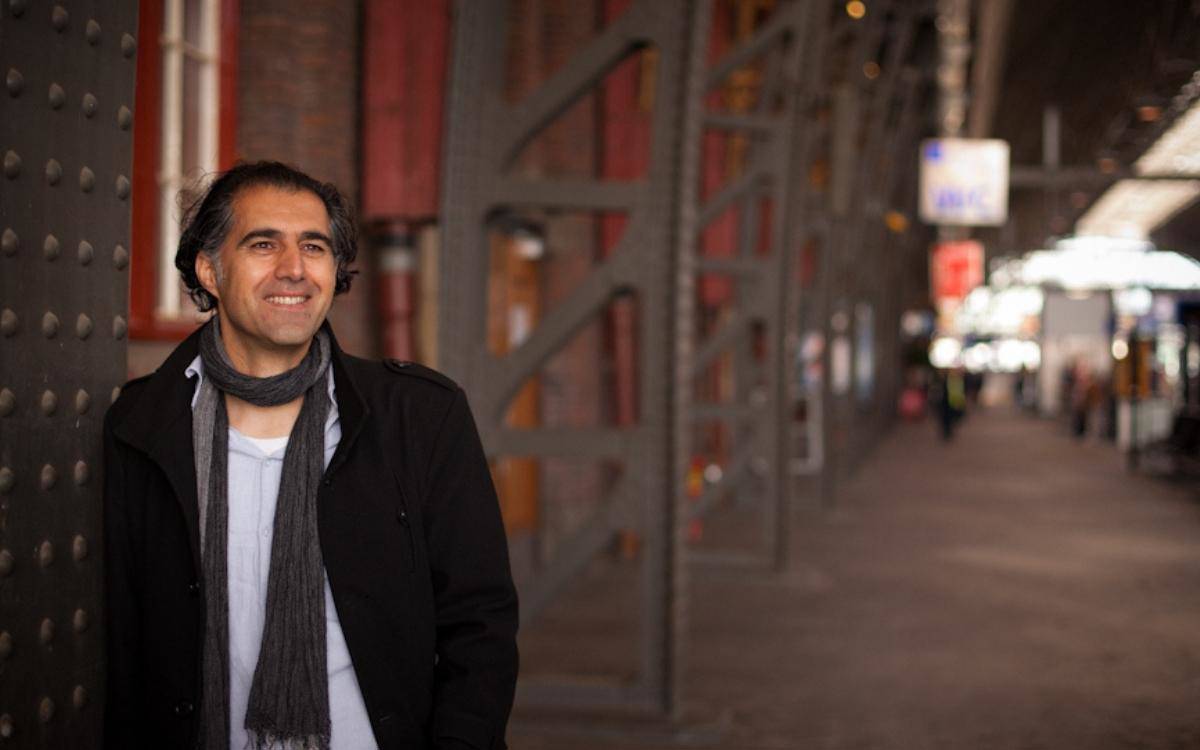
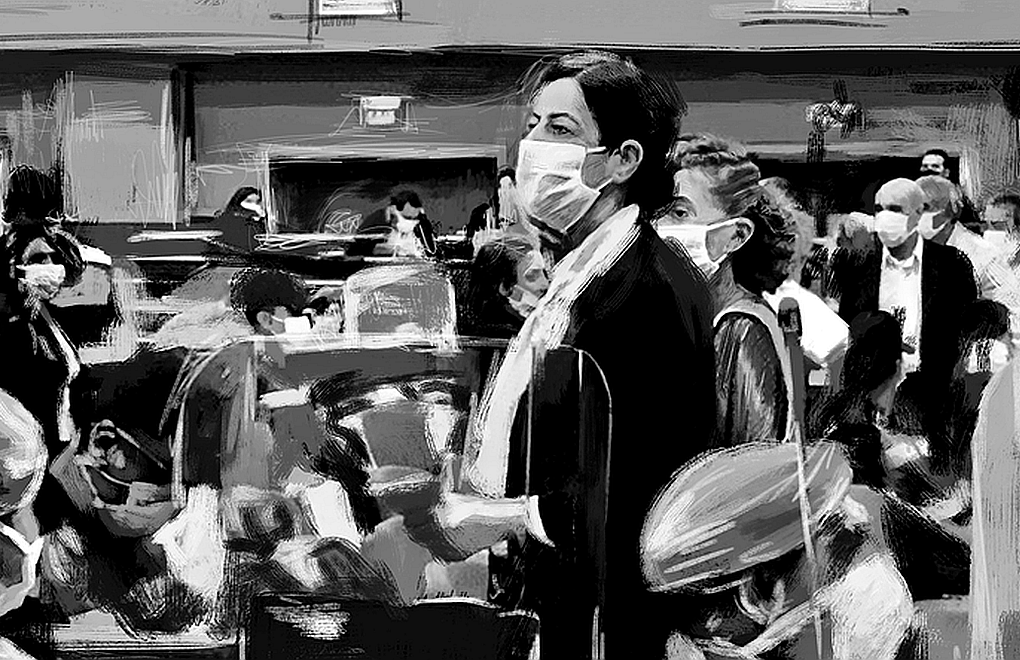
.jpg)
.jpg)